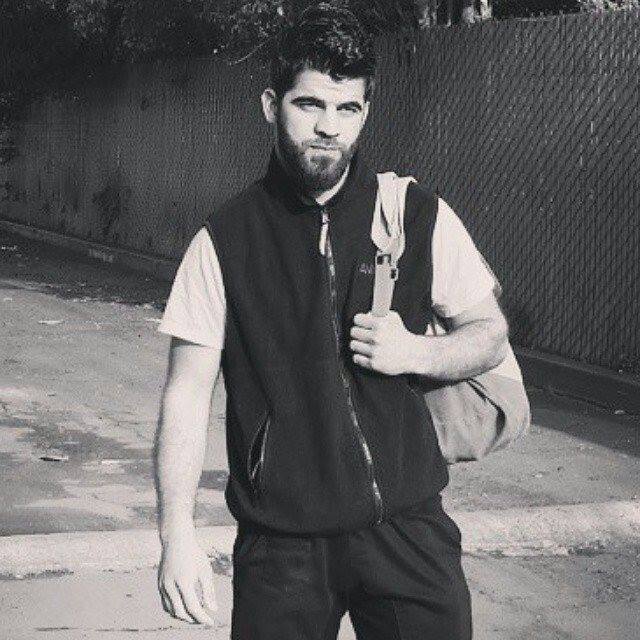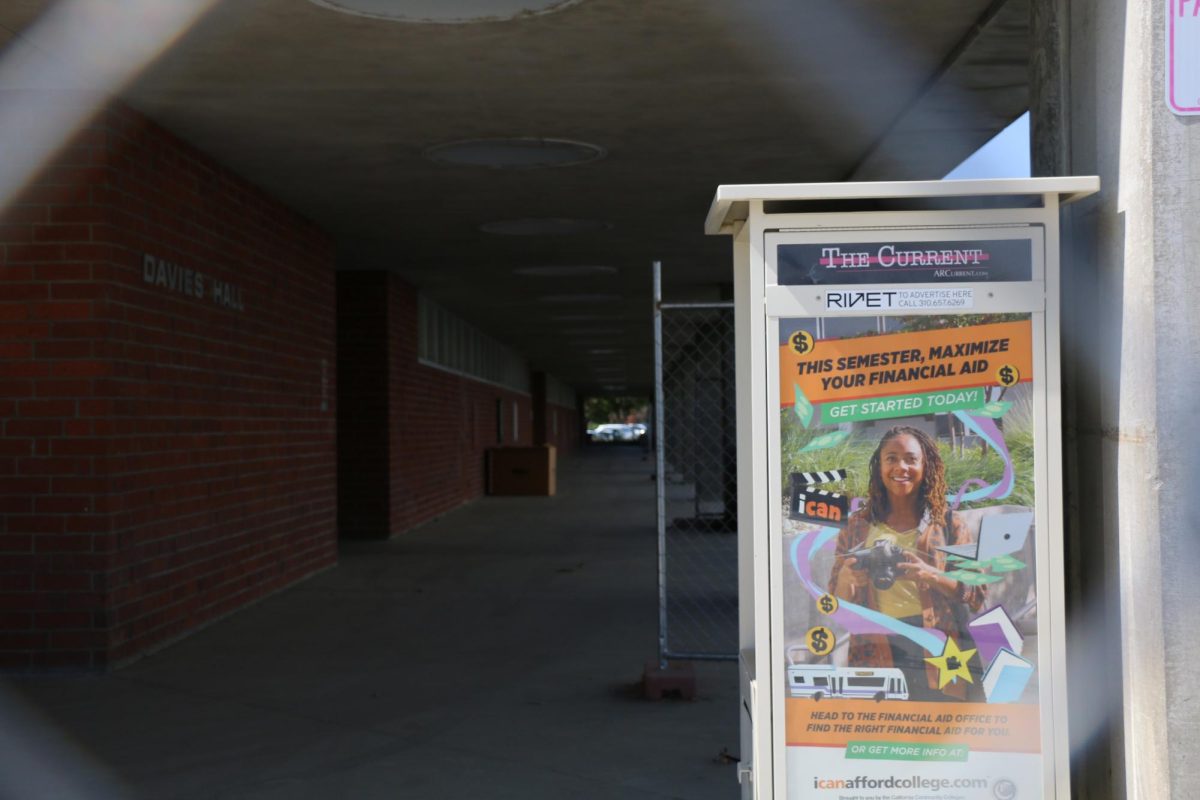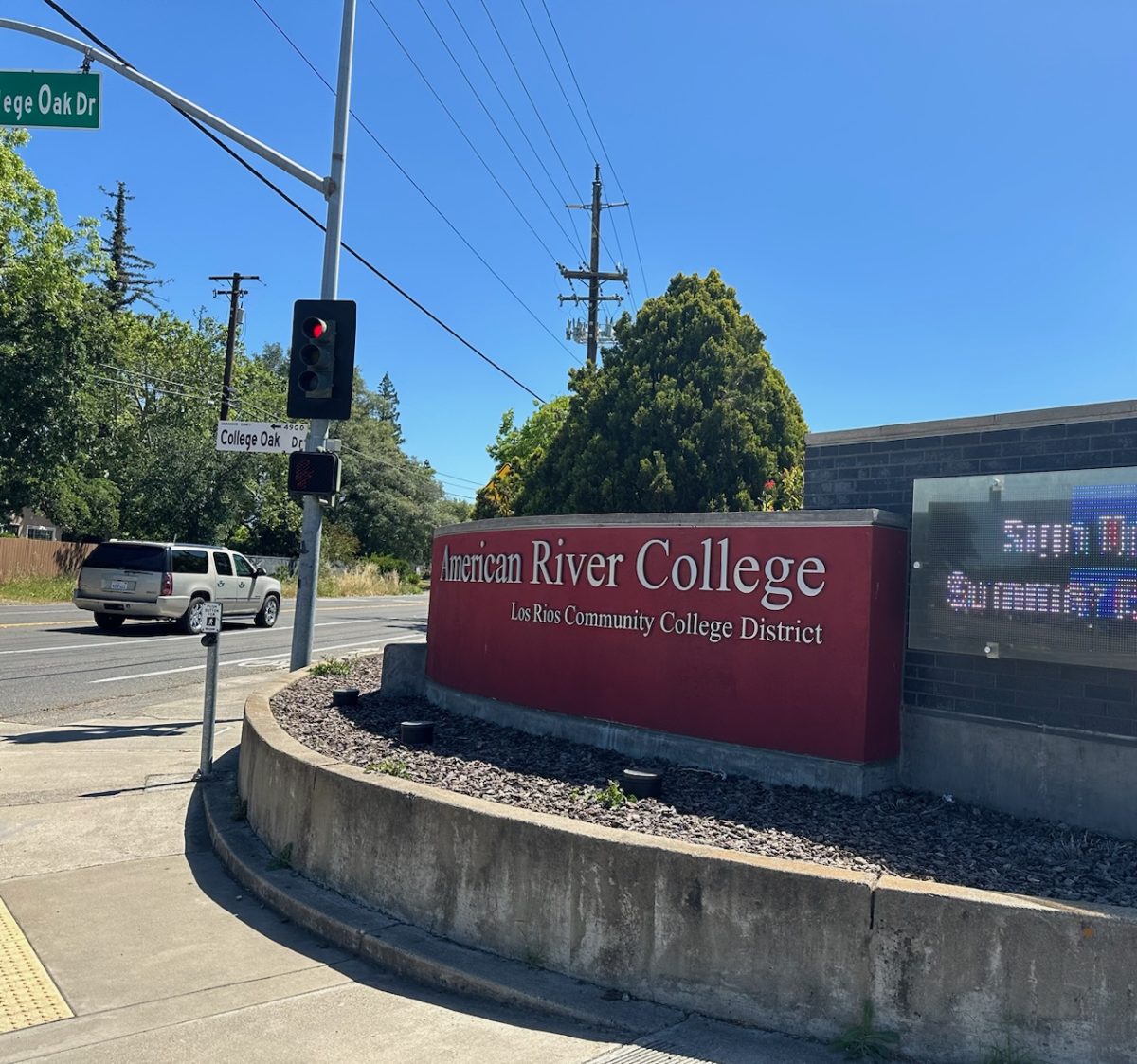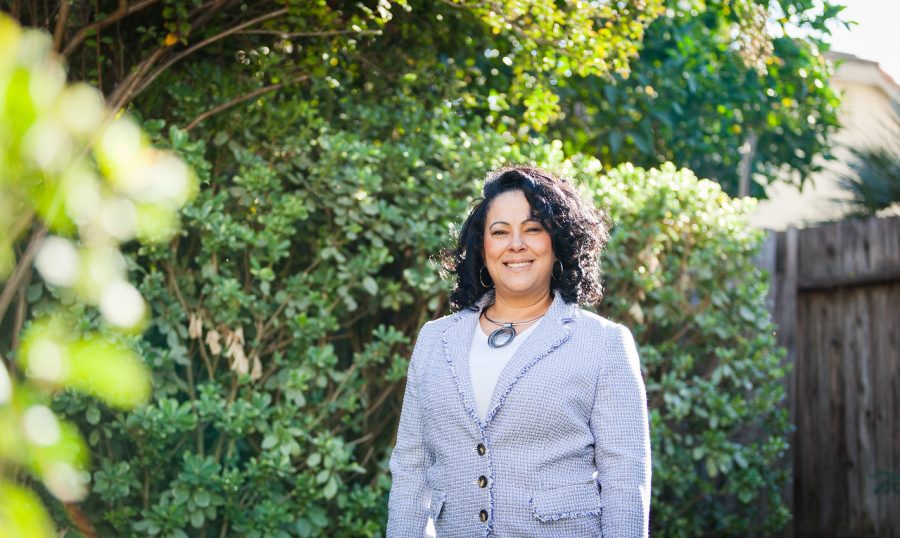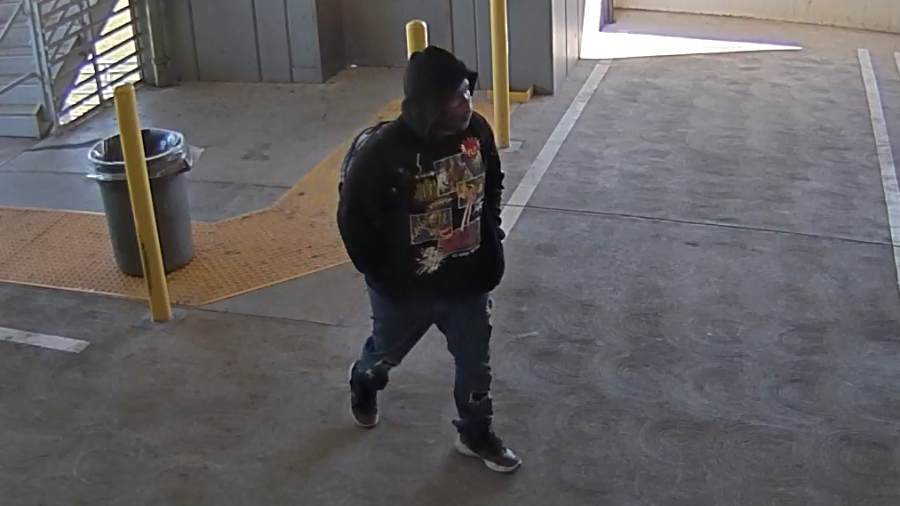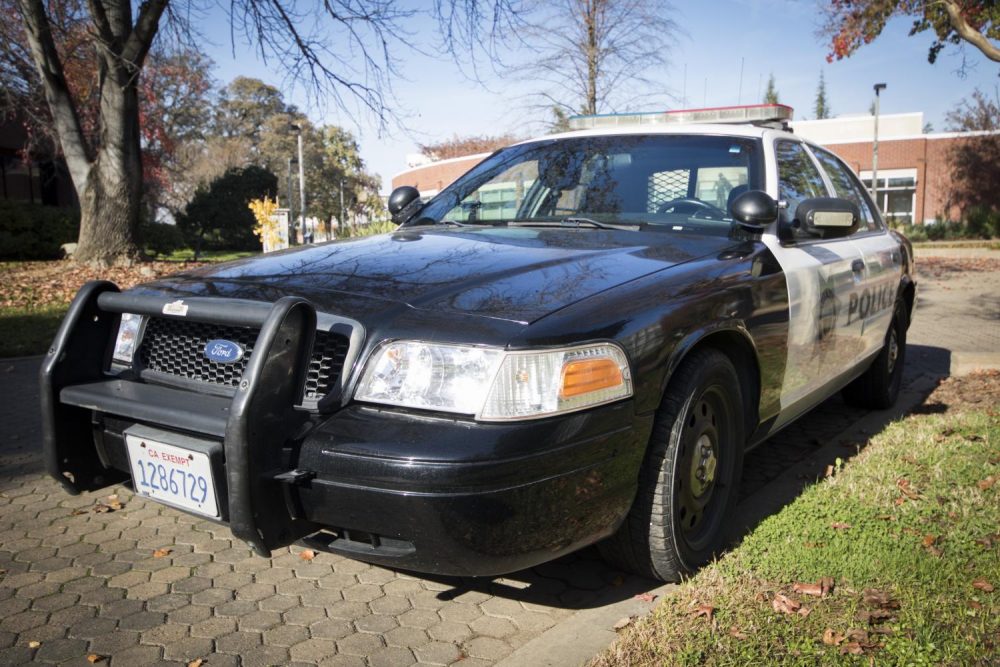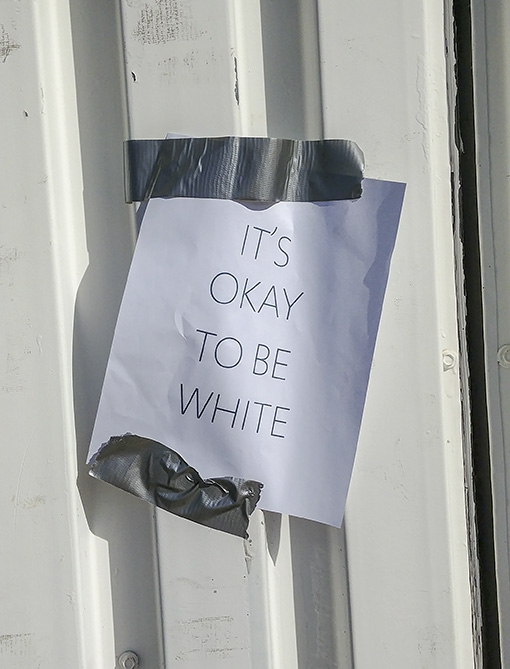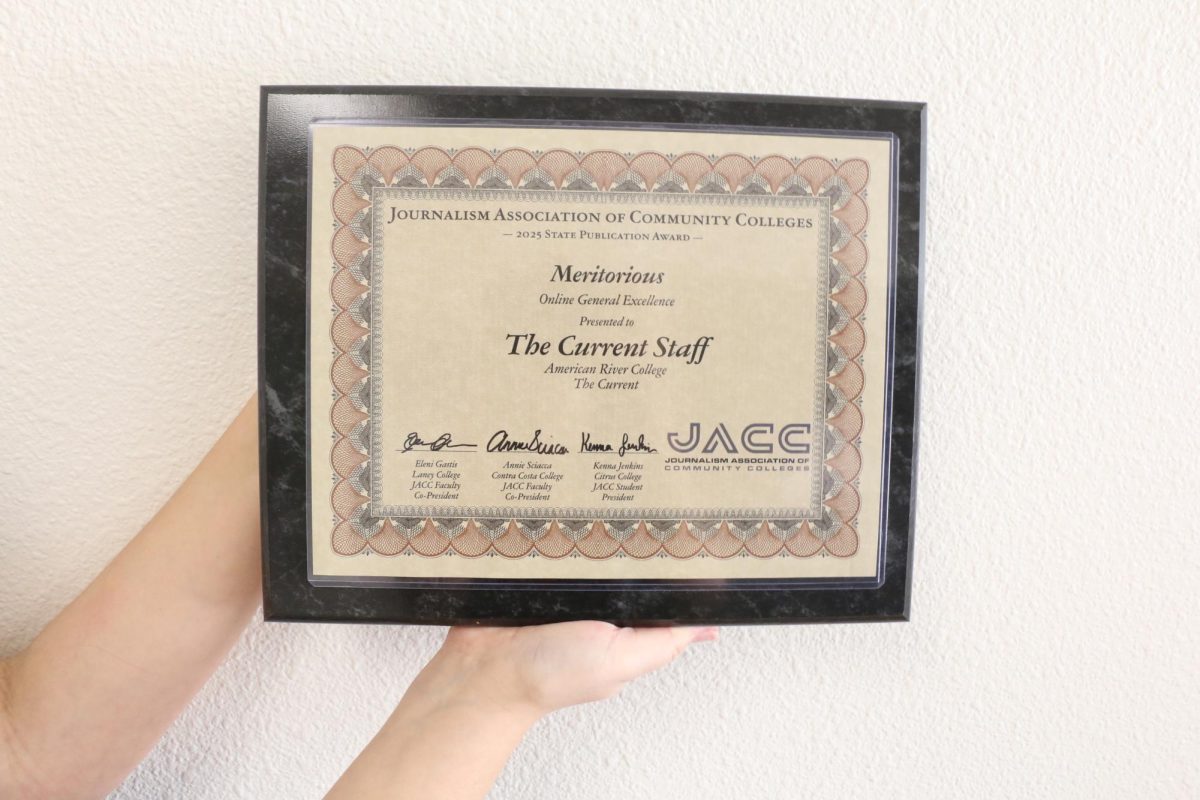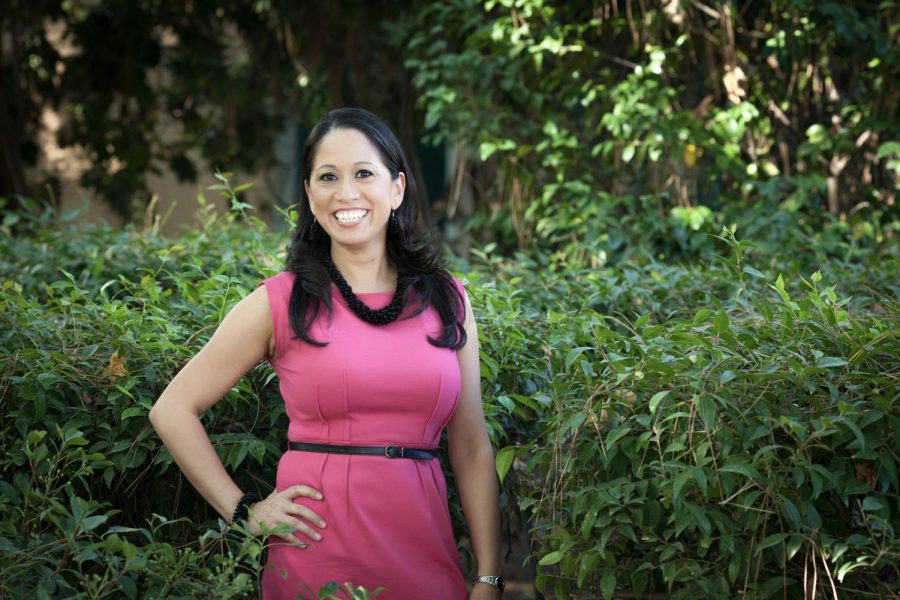Aws Mohammed Younis Al-Jayab, 23, who attended ARC as recently as fall 2015, was arrested on Jan. 7 in connection with a federal terror probe. He pled not guilty Friday to a charge of making false statements during an interview with the Federal Bureau of Investigation. Al-Jayab was denied bail and faces up to eight years in prison.
As of publication, ARC had made no plans to seek disciplinary action against Al-Jayab, as there is no district policy that dictates any particular action or actions in the case of a student who is arrested and not yet tried or convicted, according to ARC public information officer Scott Crow.
“If a student violated the student code of conduct, they could be subject to disciplinary action. … (ARC and Los Rios are waiting for a verdict in court), that is my understanding,” Crow said. “The legal process needs to take its course.”
Following the initial reports, American River College faculty and students have had varying reactions to Al-Jayab’s arrest.
David Chaffin, an employee at Hot Shots Billiards, where Al-Jayab and his friends would often hang out, said that Al-Jayab always came across as standoffish and kept to himself.
“Him and his friends came in around three times a week to play Ping-Pong and he wasn’t ever friendly – he just seemed different,” Chaffin said. “It was really mindblowing, (because) he was quiet but didn’t seem scary.”
Paul Bracco, English As A Second Language professor, expressed worry about people passing judgment on the situation solely based on the recent media coverage of Muslims.
“(People) shouldn’t assume anything about his arrest and charges,” Bracco said. “Immigrants often get a bad rap just because they’re different.”
According to court documents that were anonymously posted online, Al-Jayab was arrested for providing materially false, fictitious and fraudulent statements and representations in a matter within the jurisdiction of an agency of the United States, an offense involving international terrorism.
Al-Jayab was born in Iraq and emigrated from Syria to the United States in 2012, where records establish him as a resident from October 2012 to November 2013 and again from January 2014 to present, according to an FBI affidavit. He currently maintains refugee status.
Al-Jayab visited Turkey from 2013 to 2014 and, in an interview with federal officials, claimed that his purpose for the trip was to see his grandmother and visit. The interview occurred on Oct. 6, 2014.
In social media communications, Al-Jayab expressed to family members and associates that Turkey was a transit point, and his real destination was Syria to do “work.”
“I want to go back. God is my witness,” Al-Jayab said in communications with an individual whose identity has not been released. “I’ll go back to Turkey and enter smuggled to Syria.”
In conversation with another individual, who was believed to be residing in Syria at the time, Al-Jayab said, “I’ll go the American Embassy in Turkey. … I’ll tell him my grandmother is sick in Turkey and I wanted to be with her.”
In a statement released by the United States Department of Justice, U.S. Attorney Benjamin B. Wagner of the Eastern District of California confirmed that Al-Jayab traveled to Syria to fight, however, there was no indication of a planned attack on the United States.
“According to the allegations in the complaint, the defendant traveled to Syria to take up arms with terrorist organizations and concealed that conduct from immigration authorities,” Wagner said. “While he represented a potential safety threat, there is no indication that he planned any acts of terrorism in this country.”
Al-Jayab’s attorney, Ben Galloway of the public defender’s office, did not immediately return requests for comment.


